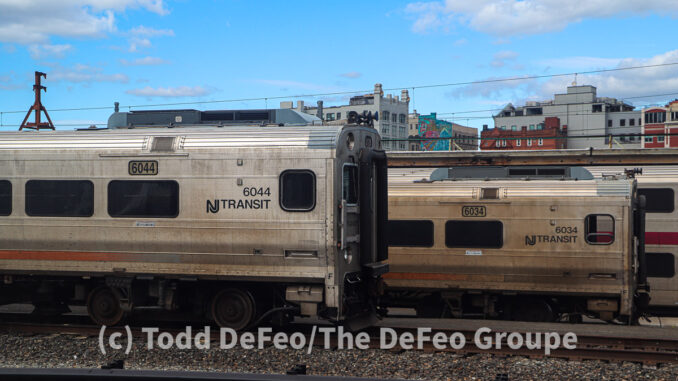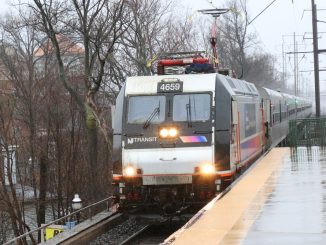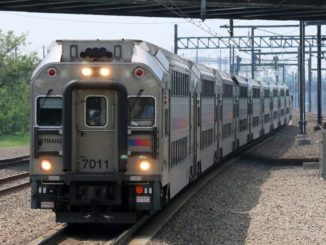
The New Jersey Senate Transportation Committee approved a bill that would impose a per-seat or per-flight tax on nonessential helicopter flights departing from or arriving at airports, heliports, and helistops licensed by the State, as well as a sales tax on these flights, and dedicate the revenue to NJ Transit.
Under the bill, S-4639, a tourist flight is defined as a flight on a non-essential helicopter or seaplane that operates for the purpose of providing sightseeing tours to patrons in areas like the Hudson River, the Statue of Liberty, and Ellis Island. The tax would not be imposed on flights that operate for medical, military, governmental, journalistic, construction, infrastructure, charitable nonprofit, research, experimental, or educational purposes.
The owner or operator of a non-essential helicopter or seaplane operating a tourist flight would be required to collect the tax imposed on the patron of the tourist flight, state the tax on the retail sales receipt provided to the patron, and subsequently file the tax with and pay it to the state every quarter. Under the bill’s provisions, the tax would amount to $100 per seat or $400 per flight, whichever is greater.
The bill would further impose sales tax on these flights and dedicate the revenue from both taxes on a recurring basis to NJ Transit for the purpose of improving the state’s mass transit infrastructure.
“Air traffic around New Jersey has skyrocketed, with helicopter-related noise complaints increasing nearly tenfold between 2019 and 2022,” state Sen. Raj Mukherji, D-Hudson, the committee’s vice chairman, said in a release. “Noise pollution from low-flying, luxury tourism traffic is disruptive to the quality of life of the hundreds of thousands of us in Hudson County who live, work, learn, and watch our children play beneath their dangerous flight paths.
“Tourist flights pose a risk to our public safety and homeland security since they crisscross critical infrastructure daily and often with minimal scrutiny,” Mukherji added. “Their carbon footprint is harmful to the environment and public health, and yet – inexplicably – they have enjoyed an exemption from sales tax.”




